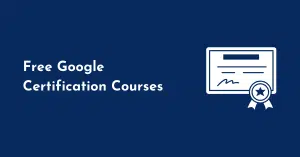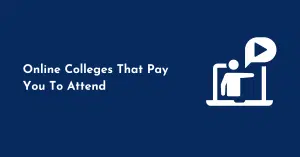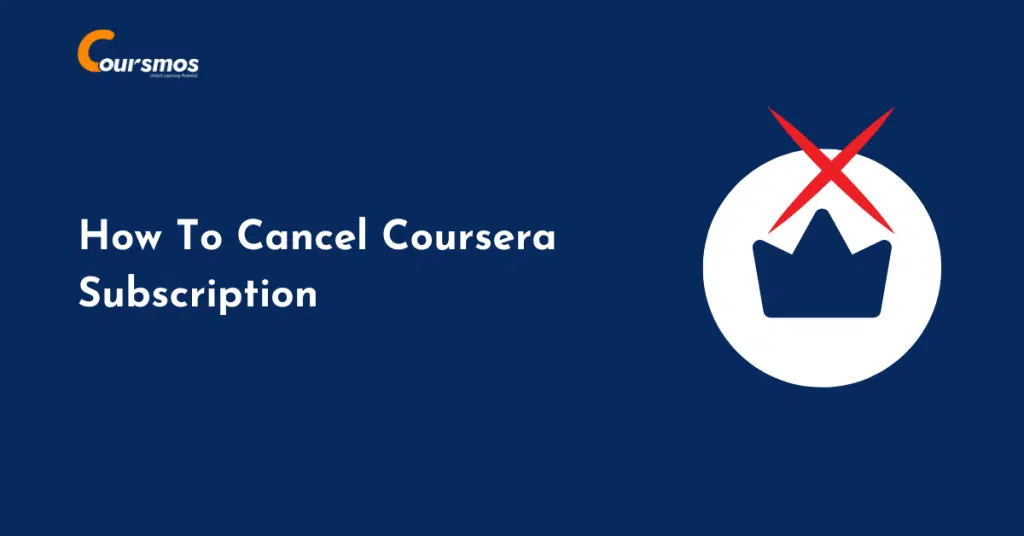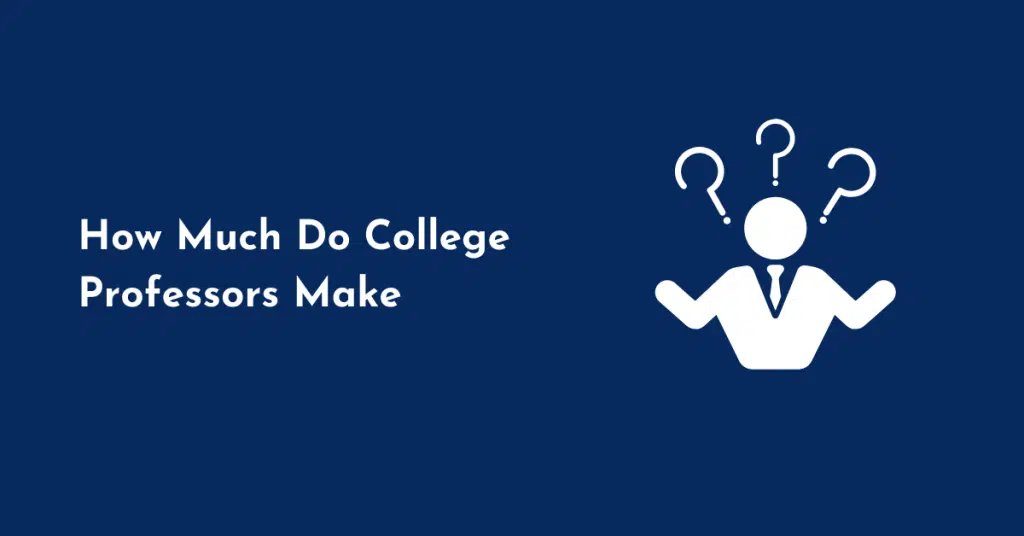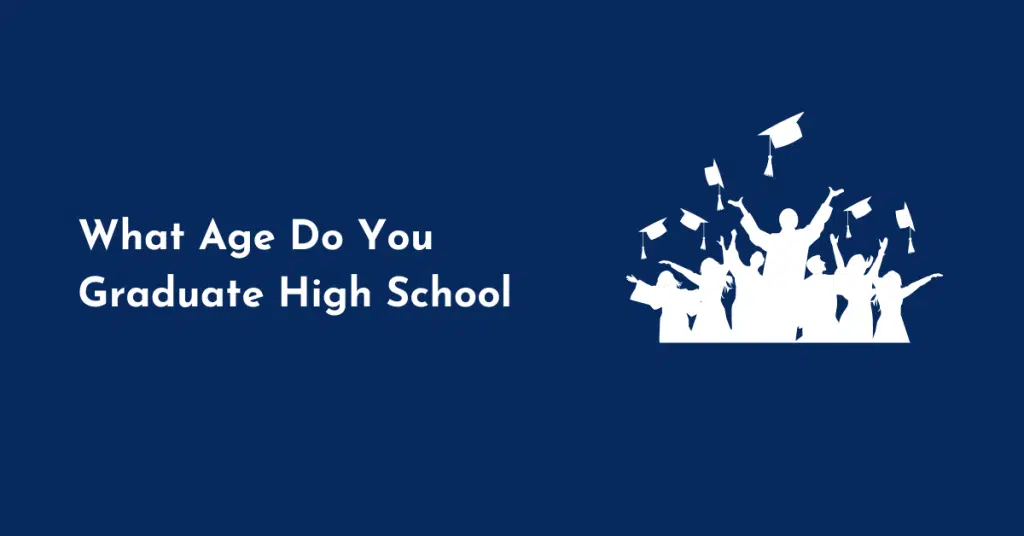Coursera certificates are still worth going for in 2025. They can genuinely help with career growth, skill development, and professional advancement.
Coursera works with top universities like Stanford and Yale, as well as big companies such as Google, Meta, and IBM, to bring high-quality courses to learners. While a certificate alone won’t guarantee you a job, it does add credibility to your resume and shows employers that you’re serious about learning and improving yourself.
With flexible study options, financial aid, and strong industry recognition, Coursera is a smart investment for anyone looking to upskill. In this guide, I’ll break down how valuable Coursera certificates really are, how employers view them, and tips on making the most of them—including sharing your certificate on LinkedIn for more visibility.
Are Coursera Certificates Accredited?
Coursera itself is not an accredited institution, but many of its courses come from accredited universities and well-known companies. Institutions like Stanford, Yale, Duke, and the University of Michigan offer programs on Coursera.
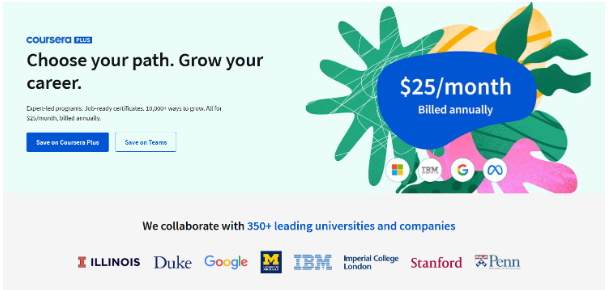
Tech giants like Google, IBM, and Microsoft also provide professional certificates in high-demand fields. A Coursera certificate holds value if the course provider is a reputable institution.
Remember: Coursera does not grant certificates for incomplete courses; you must finish all modules and assessments to receive a certificate for the course you pursued.

Get 40% OFF For 3 Months on Coursera Plus
This offer gives you 40% discount for 3 months on Coursera Plus allowing you to save upto $70.
How Do You Earn A Coursera Certificate?
Coursera certificates are awarded upon completion of all required coursework and assessments. Here are the ways to enroll through free and paid versions;
Coursera Certificate Paid
Coursera needs payment to get a certificate. Follow these steps to earn a certificate after enrolling in a course:
Step 1: Enroll for free in a course of your choice. Log in to the account with your email and password.
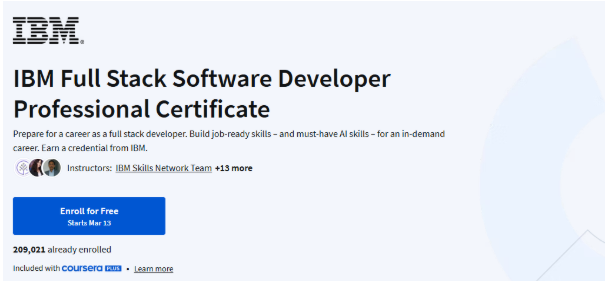
Step 2: Watch video lectures and complete reading materials.
Step 3: Take quizzes and submit required assignments.
Step 4: Pass peer-reviewed or instructor-graded assessments.
Step 5: Receive your certificate in the ‘Accomplishments’ section.
Note: Coursera certificates are only issued after the free trial ends if you continue with a paid subscription if you log in to Coursera Plus 7-day free trial.
Get A Coursera Certificate For Free
Coursera also provides financial aid for learners who cannot afford the course fee. If approved, you can access paid content and earn a certificate without any cost. Follow these steps:
Step 1: Go to the Coursera official website and search the courses offering financial aid.
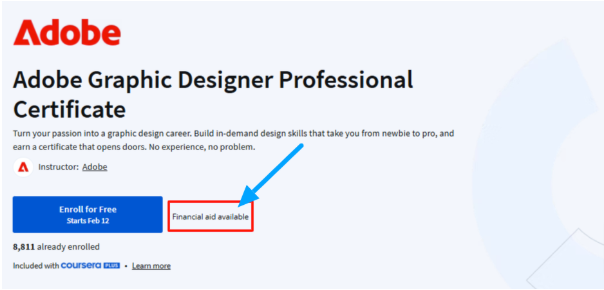
Step 2: Sign up for the account.
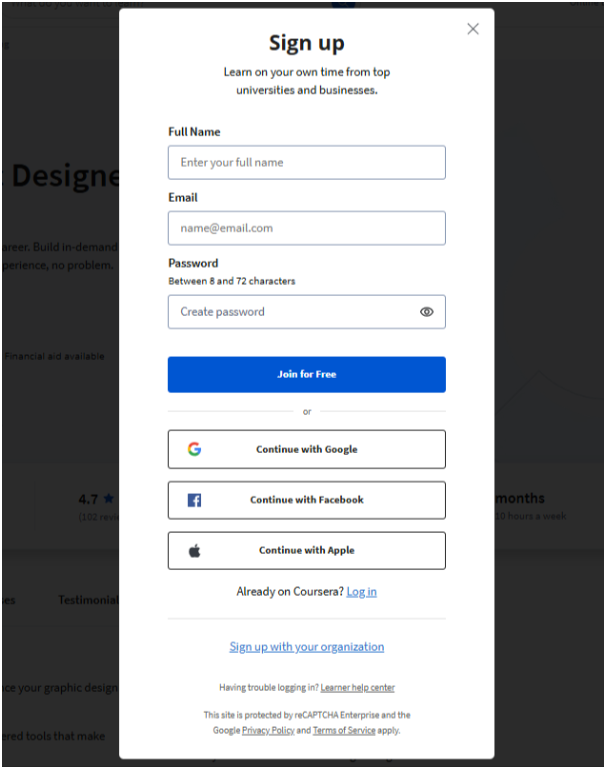
Step 3: Continue to the application and fill out the details about your financial situation.
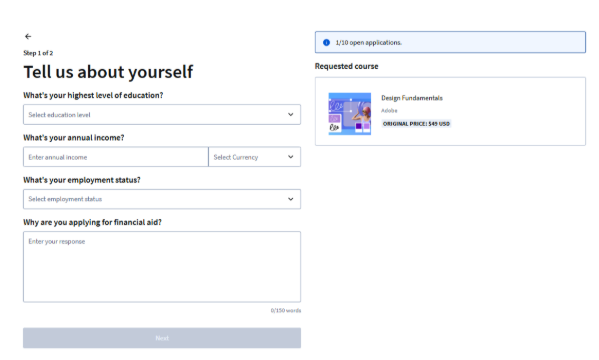
Step 4: Accept the terms and conditions and send it to Review.
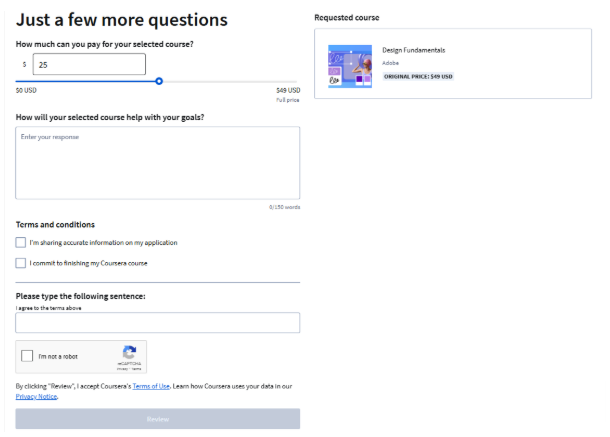
Step 5: Apply and wait for approval. It usually takes 16 days to review the application.
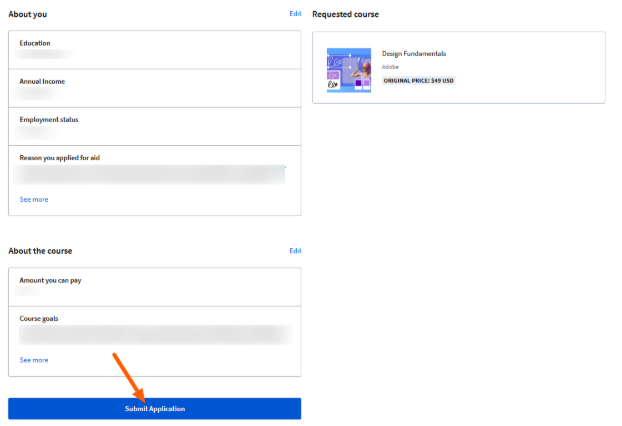
Step 6: If approved, start learning and complete the course to earn your certificate.
Does It Cost To Earn A Certificate?
Coursera offers both free and paid courses. However, certificates are usually only available in paid courses. Below are the pricing details:
| Plan Type | Price | Duration | Number of Courses | What’s Included |
|---|---|---|---|---|
| Guided Projects | $9.99+ per course | 1–2 hours | 2,500+ | Hands-on tutorials, cloud-based desktop, step-by-step learning |
| Single Course | $39–79 per course | 4–12 weeks | Individual courses | Full course access, graded assignments, certificate |
| Specializations | $39.99+ per month | 1–12 months | 1,550+ | 90% of courses, certificates, and specializations included |
| Professional Certificates | $39.99+ per month | 4–7 months | 100+ | Job-ready skills, shareable certificates, career resources |
| MasterTrack Certificates | $2,000+ per course/month | 4–7 months | 20+ | University credit, official certificates, master’s program pathway |
| Coursera Plus | $59/month or $399/year | Unlimited access | 7,000+ | Team management, progress tracking, and certificates |
| Degrees | $6,000+ total | 1–6 years | 35+ programs | Bachelor’s/Master’s from top universities, live instruction |
| Team Plan (Business) | $319/user/year | Unlimited access | 5,000+ | Custom features, analytics, API integration, admin tools |
| Enterprise Plan | Contact sales | Unlimited access | 5,000+ | Custom features, analytics, API integration, admin tools |
The paid courses provide graded assignments, certificates, and full course materials, making them valuable for career growth.
On the other hand, Coursera free courses are limited and give access to lectures but do not include graded assignments or certificates.
Learners seeking official recognition or hands-on practice can choose paid options, while free courses are great for general learning.
Who Offers Coursera Certificates?
Coursera partners with 350+ top universities and leading companies to provide high-quality courses across various fields. These institutions design courses that help learners gain valuable skills and industry-recognized certifications to boost their careers.
Institutions And Universities Offering Coursera Certificates
Many prestigious universities offer Coursera certificates in subjects like business, technology, healthcare, psychology, data science, and a lot more. These courses are developed and taught by experienced professors from globally recognized institutions.
Some of the top universities offering Coursera courses include:
- Stanford University
- Yale University
- University of Michigan
- Duke University
- University of California, San Diego
- Columbia University
- Johns Hopkins University
- University of London
- National University of Singapore
- Indian Institute of Technology (IIT) Bombay
These universities ensure that Coursera courses maintain high educational standards, making their certificates credible and useful for learners worldwide.
Corporate Partnerships And Professional Certificates:
Leading companies also offer professional certificates that focus on job-ready skills. These certificates are widely recognized and often help learners secure entry-level positions.
Explore the top 10 professional certificates offered by Coursera:
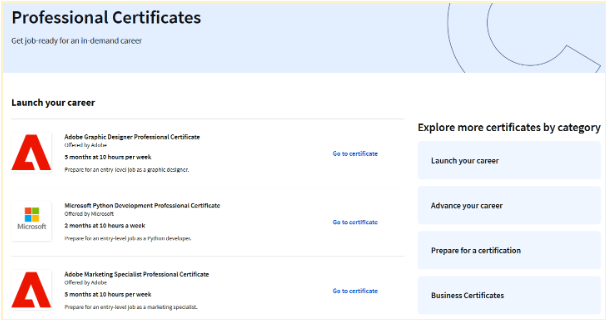
- Google IT Support (Google)
- IBM Data Science (IBM)
- AWS Cloud Practitioner (Amazon)
- Meta Digital Marketing (Meta)
- Microsoft Cybersecurity Analyst (Microsoft)
- Intuit Bookkeeping (Intuit)
- Salesforce Sales Development (Salesforce)
- Autodesk CAD Design (Autodesk)
- Cisco Networking Basics (Cisco)
- Python for Everybody (University of Michigan)
There are many other professional certificates that offer hands-on training combined with theoretical lectures, helping students and professionals advance in their careers.
Explore the free online courses with certificates that provide certificates without paying a penny.
Does A Coursera Certificate Enhance Career Prospects?
A Coursera certificate can help you land a job, secure a promotion, or switch careers. It’s particularly beneficial, especially in high-demand fields such as technology, business, IT, and data science.
Employers recognize skills gained from short courses (weeks to months) and degree programs of 4 years. Coursera certificates prove the dedication and skill improvement of learners. Indeed, students become more competitive in the job market with the Coursera Certificates.
Customer Testimonials You Should Know
Many Coursera users worldwide have shared their experiences with Coursera certificates, highlighting how they benefited in job searches, career advancements, and skill-building.
1. Chris Davis shared that the value of a Coursera certificate depends on a learner’s background and career goals. While Coursera is not a substitute for a college degree, it helps professionals gain specific skills. Some universities may offer academic credit for Coursera programs, but most do not.
Further, he said Coursera can benefit job seekers when combined with real-world experience or portfolio work, making it a helpful tool in the right context.
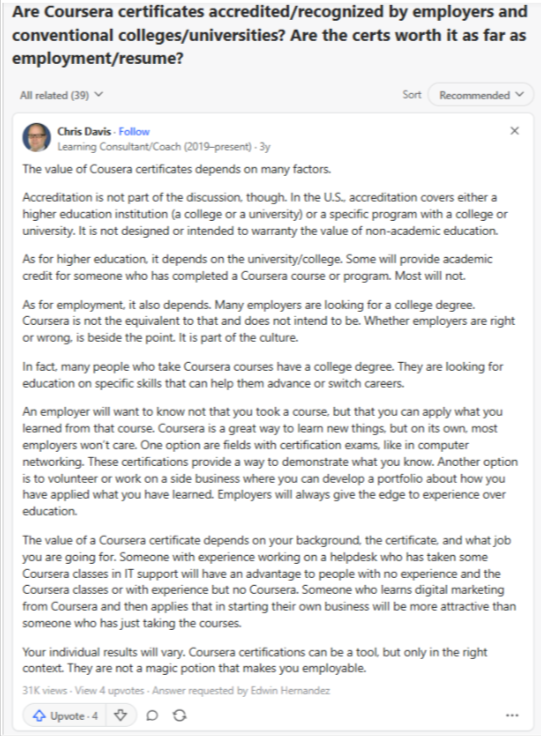
2. A Reddit user mentioned that Coursera certificates help in building new skills but may not guarantee job placements. Some professionals found them useful for career advancement, while others felt their impact depends on industry demand and the hiring manager’s perspective.
Suggested Reads:
Conclusion: Coursera Certificates Are Worth It for Students and Professionals
Coursera certificates can really help boost your career if you pick the right courses and put your skills into practice. You can save money by using financial aid, annual subscriptions, or seasonal discounts.

Get 40% OFF For 3 Months on Coursera Plus
With this offer, you can claim 40% discount on Coursera Plus monthly plan for 3 months and save upto $70.
From short $9.99 guided projects to full degree programs, Coursera has options for every career goal. Be sure to showcase your projects and connect with other learners for networking opportunities.
Success comes from choosing relevant courses, completing hands-on projects, and applying what you learn. Start today and take a step toward advancing your career.
FAQs
Coursera certificates are valid for jobs, but their impact depends on the employer. They demonstrate skills and commitment but should be combined with experience or portfolio work for better job opportunities.
You can add Coursera certificates to your resume under the “Certifications” or “Education” sections. Highlight relevant courses that match the job requirements to showcase your skills effectively.
Some employers recognize Coursera certificates, especially those from top universities or companies like Google and IBM. However, real-world experience and projects often carry more weight in hiring decisions.
Most Coursera certificates require payment, but financial aid is available. Some courses offer free learning materials, but certificates are only awarded after completing the paid version or after approved financial aid.
Some universities accept Coursera certificates for credit, but policies vary. Degree programs on Coursera are accredited; however, individual course certificates may not always count toward academic credit.
